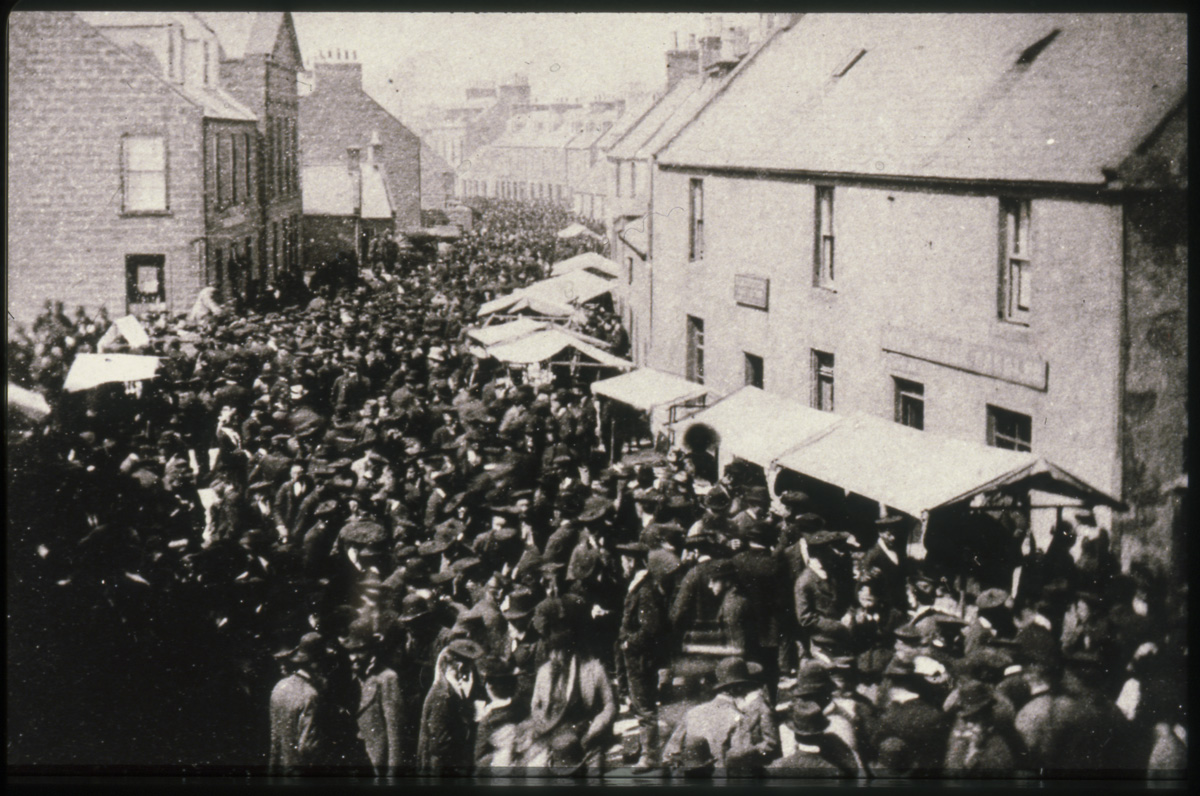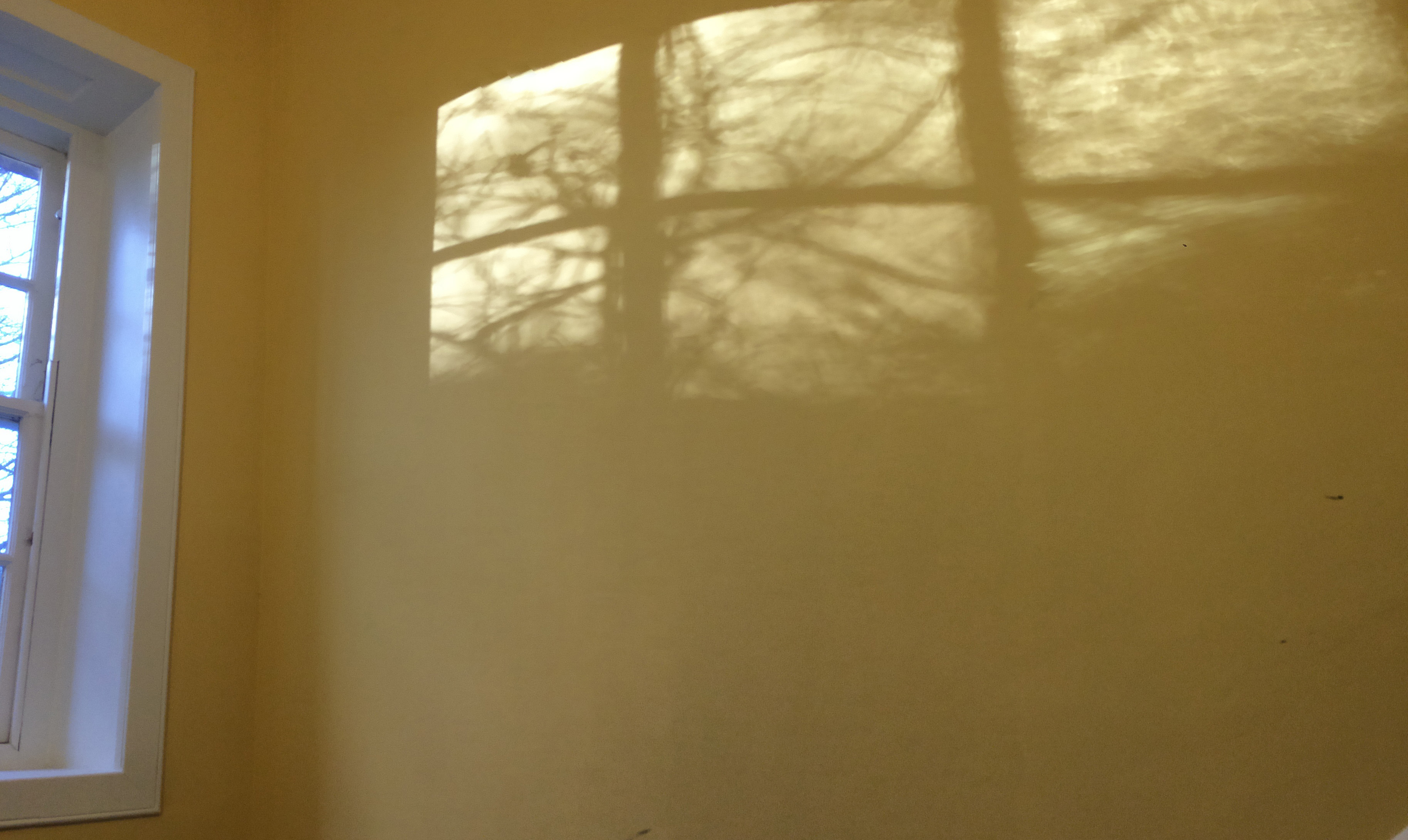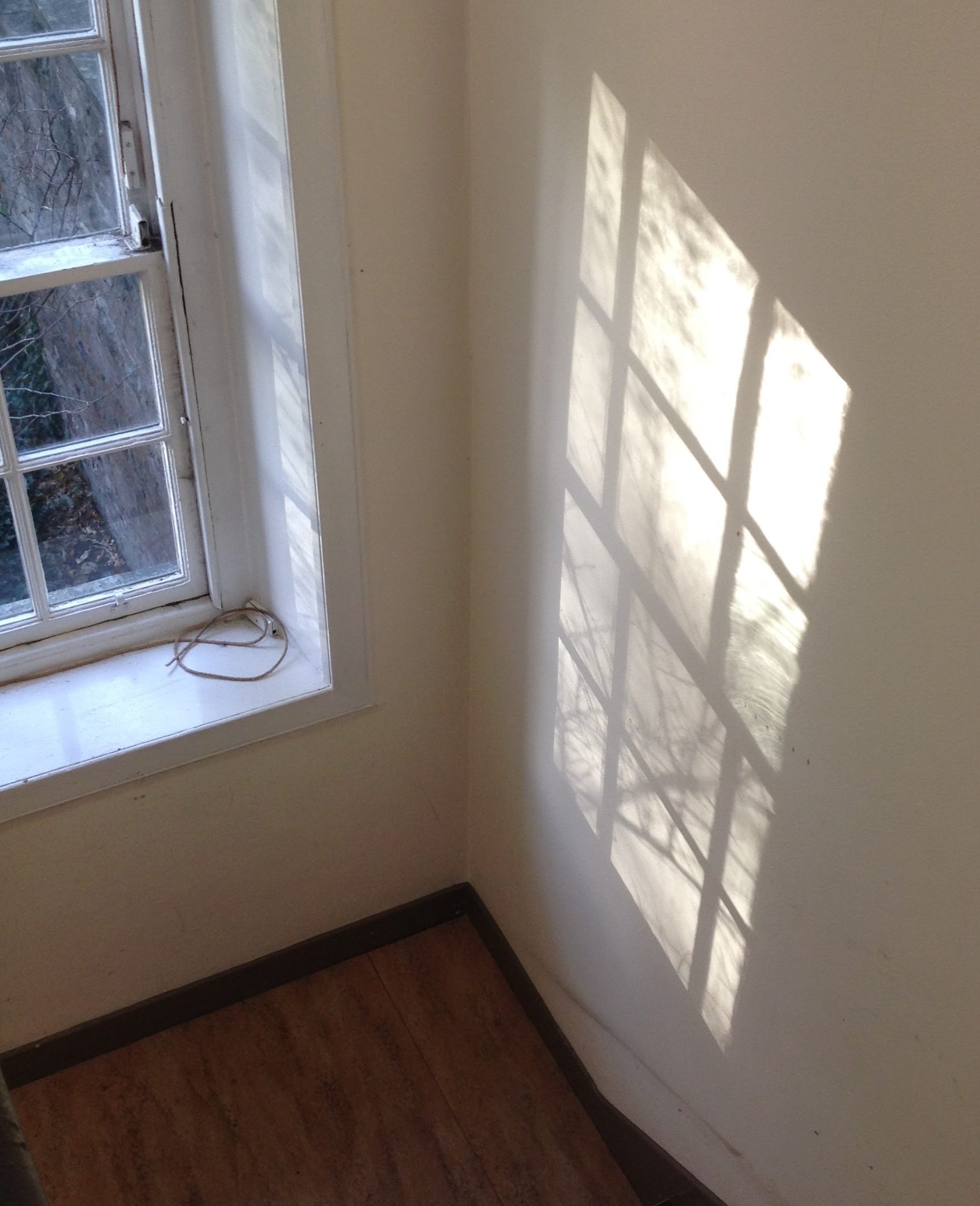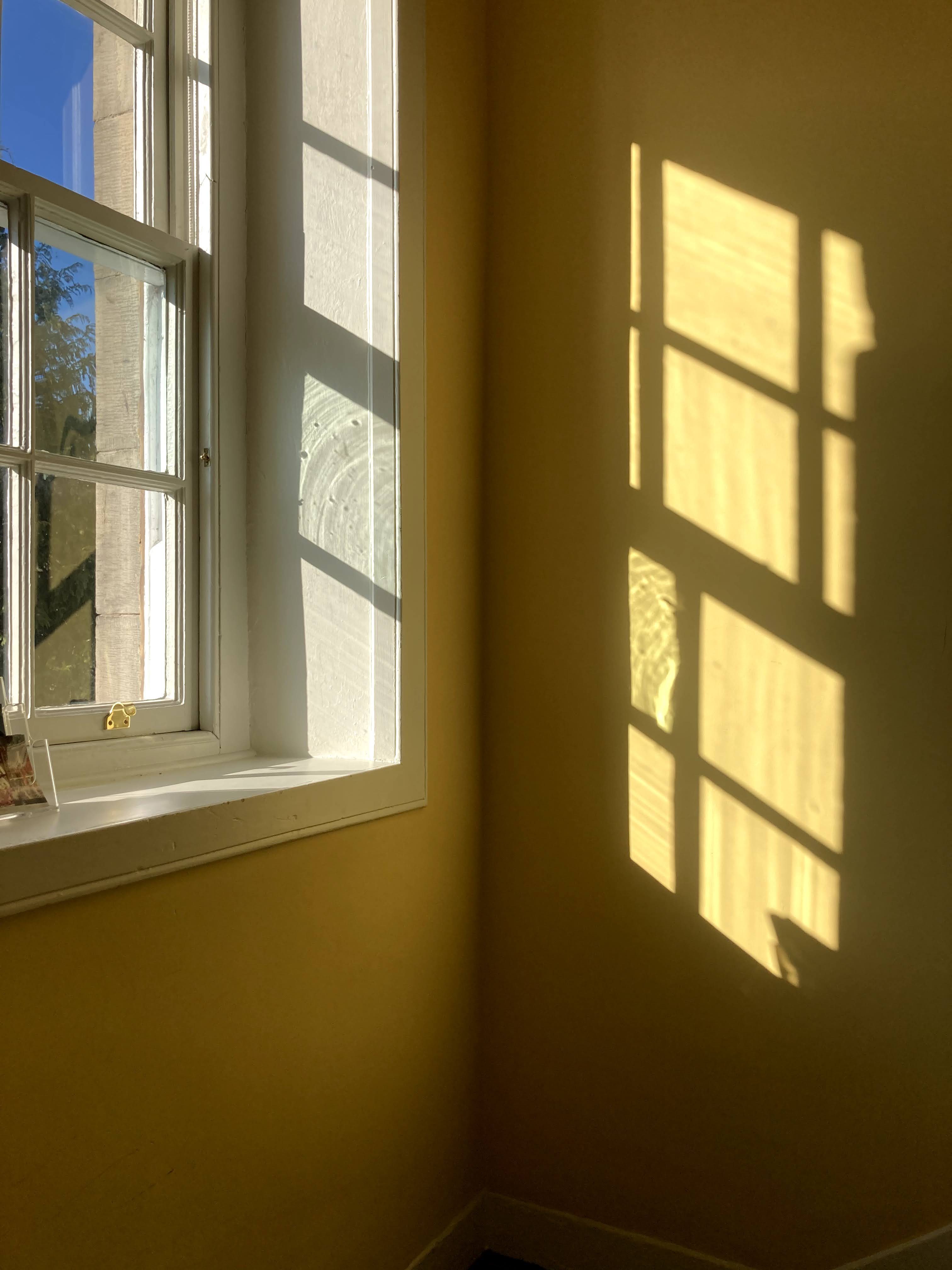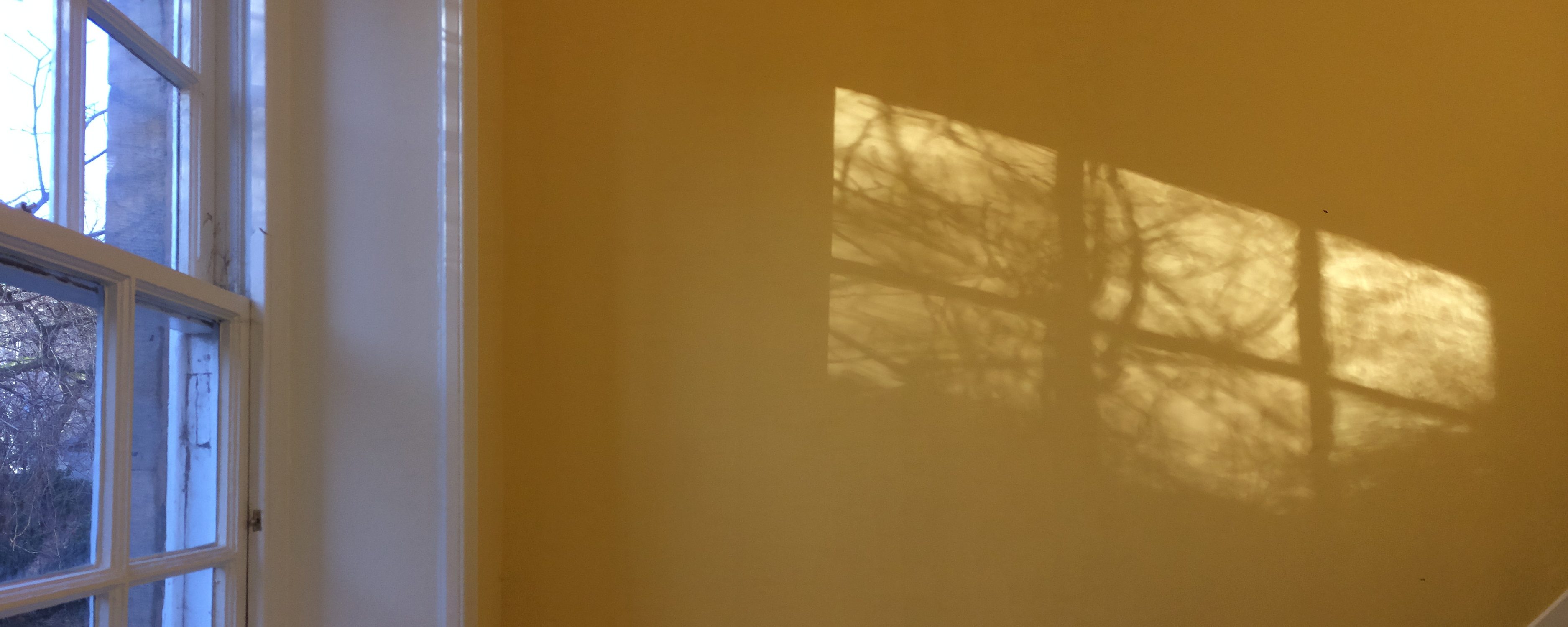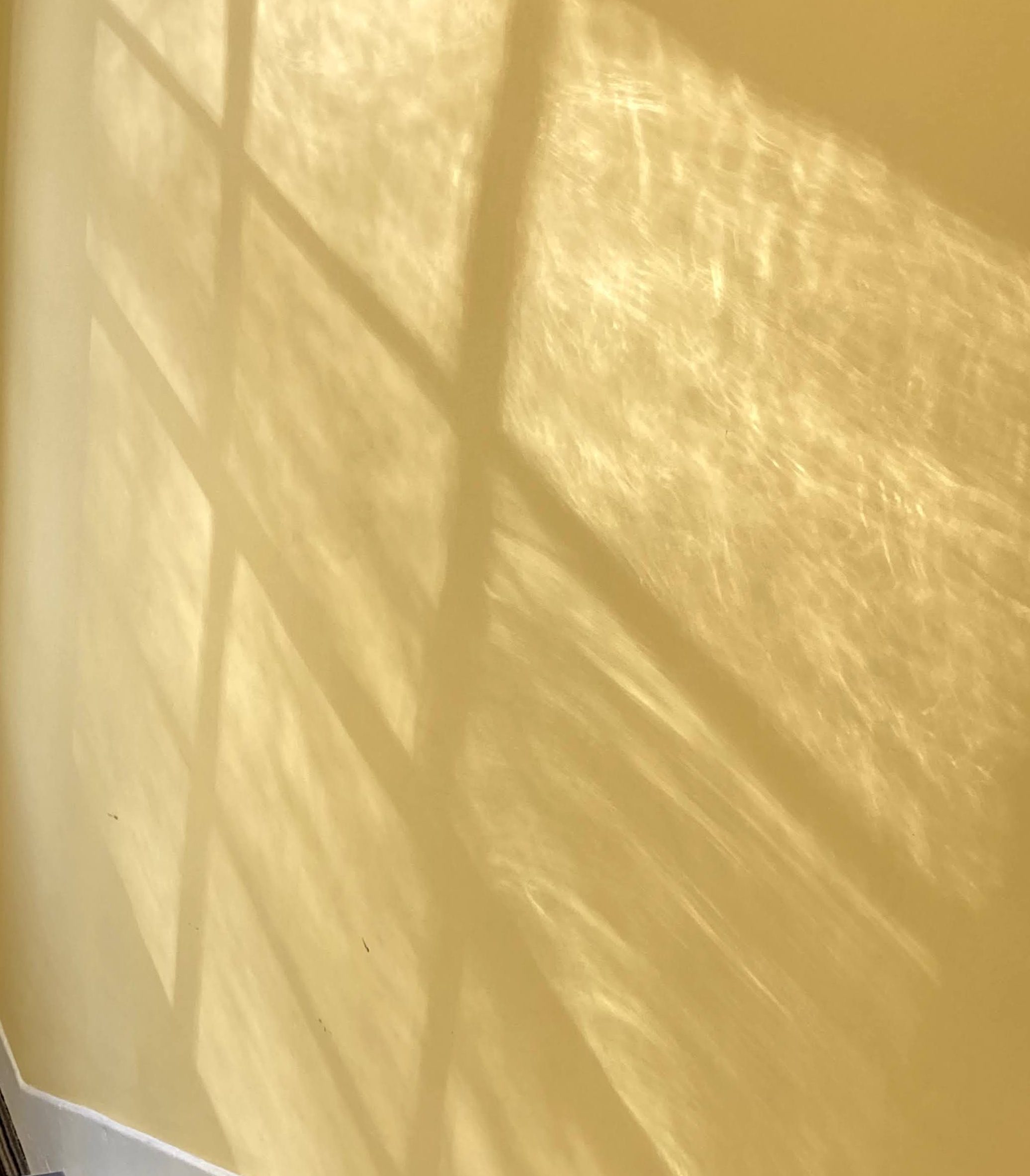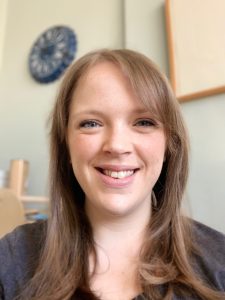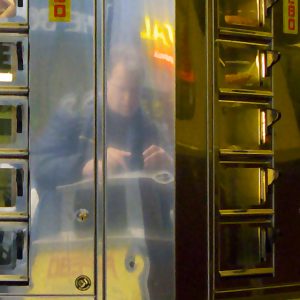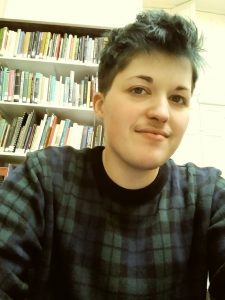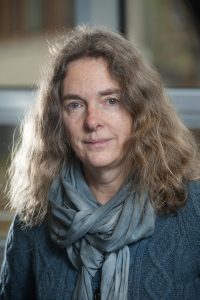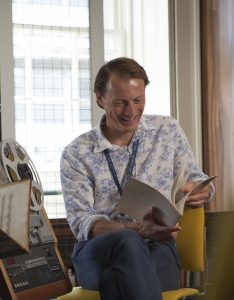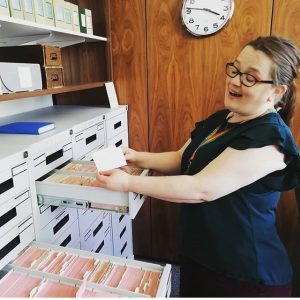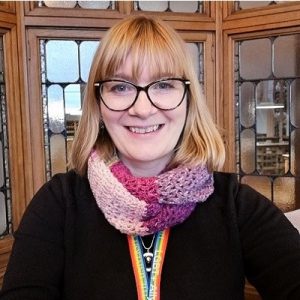We are excited to announce the work on our new Queering the Archive initiative. This initiative aims to increase representation of LGBT+ records within our collections.
Queering the Archive will hope to investigate the gaps in our collections and cataloging to improve LGBT+ representation with aims for further development and active archiving in the future. The initiative is a part of our 70th Anniversary plans and will be included in a series of events over the rest of the year. The initiative will allow us to go forward in improving marginalised and underrepresented voices and material.

Progress Pride Flag
There are unfortunately little accounts of LGBT+ histories and recordings in the School of Scottish Studies Archives. In particular, there is little representation on queer folklore, folk narratives, or songs in a wider historical and archival setting. LGBT+ histories are sometimes ‘hidden’ histories, either through historical context on discussion of LGBT+ identity and topics, lack of archiving or archival interest, or a lack of appropriate and inclusive search-terms and cataloging that reflects queer identities.
Queering the Archive will begin with an intervention and discussion workshop.
The workshop will provide a starting point to actively work with the community to discuss our collections, representation, as well as crowd-source search-terms for improvement of cataloging developed by and for the LGBT+ community.
Workshops will allow participants to engage with our records and active intervention through crowd-sourcing and discussion. It is our aim to work with the community, skill-share, and offer meaningful collaboration and discussion as much as possible throughout the initiative. It will introduce you to our collections, queer theory, and investigations into our LGBT+ and related records.
Workshops will be completely free and led remotely via Zoom, and will utilise other platforms.
Dates are to be announced.
We will also be producing a series of blogs exploring the initiative and application of queer theory to our collections with further discussion.
The next blog will explore queering the collections through the popular and infamous ‘cross-dressing’ ballads and exploring the queerness and issues of LGBT+ representation in the context of the selected ballads and traditions.
We will also be exploring the work ‘behind the scenes’ of Queering the Archive through our blogs and we will include other exciting material and updates!
If you are interested in taking part in the workshops, researching LGBT+ records, using our collections for your work, depositing your work and records, or working with us for Queering the Archive, please contact Elliot.Holmes@ed.ac.uk
Written by Elliot Holmes.
Elliot is one of the Archives and Library Assistants at the School of Scottish Studies Archives and uses He/They pronouns. You can also find him on twitter @elliotlholmes
Follow @EU_SSSA on twitter for updates on the 70th Anniversary, Queering the Archive, and sharing our collections.
#SSSA70 #QueeringSSSA
The term Queering has been used by many across the Gallery, Library, Archive, and Museum, (GLAM), sector with many launching queering initiatives to expand and represent LGBT+ histories. We will be using the term Queer as a catch-all term, and the term Queering in regards to application of queer theory and approaches. We will also be using the term LGBT+ throughout the initiative.

